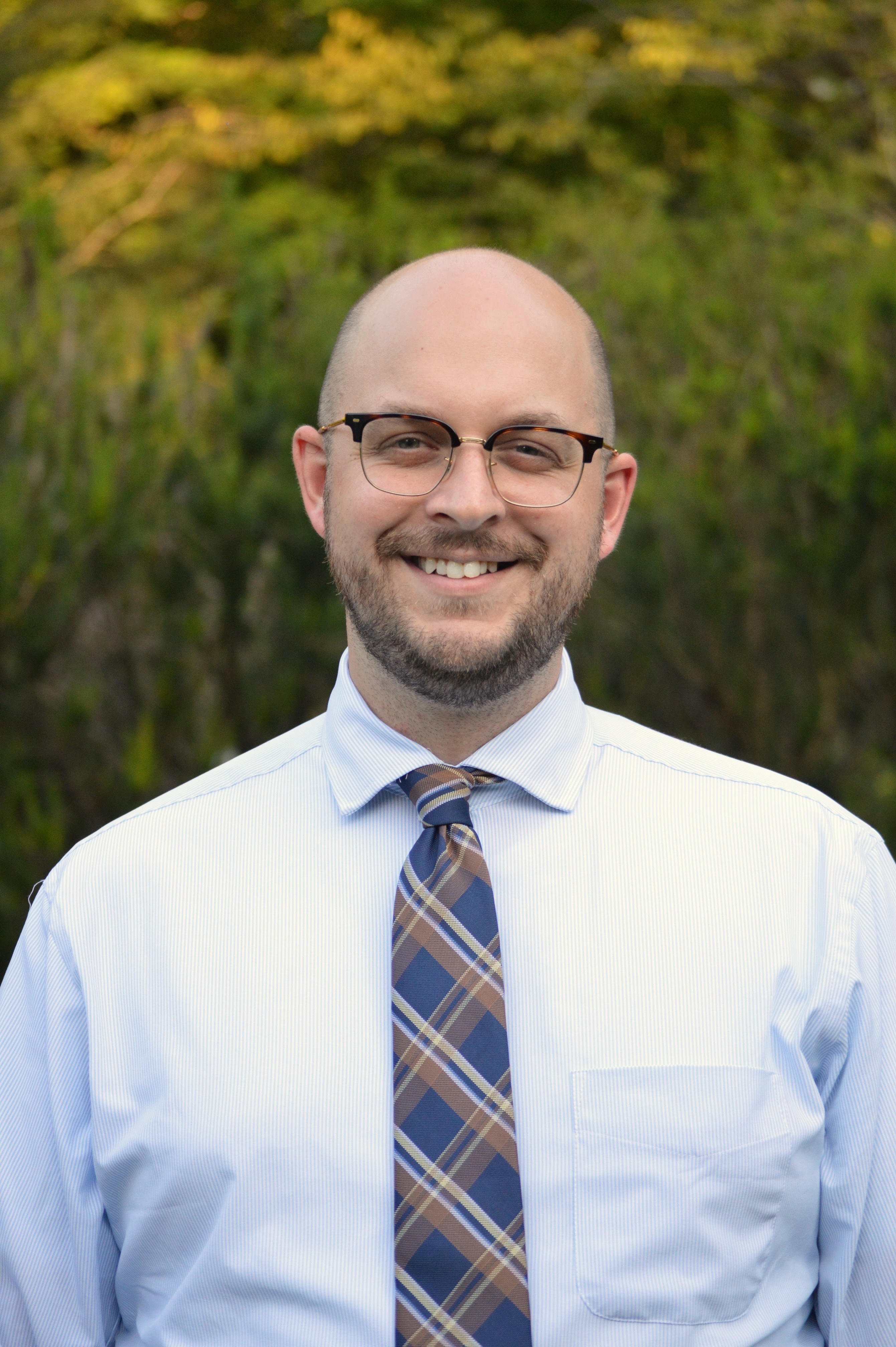
Daniel Drain, the director of the archdiocesan Office for Life and Family.
A leader from the Archdiocese of Philadelphia has been named to serve on a nationwide group that advises the leadership of the United States Conference of Catholic Bishops.
Daniel Drain, director of the archdiocesan Office for Life and Family, is set to begin his four-year term on the USCCB Advisory Council.
Its 40 Catholic members representing demographic diversity throughout the Catholic Church in the United States advise the USCCB’s Administrative Committee.
That body includes all USCCB officers, chairs of the conference’s standing committees, and a representative from all 15 episcopal regions of the United States.
Drain, who is also a professor at St. Charles Borromeo Seminary, called the one-time appointment “an honor.”
He and the other members of the Advisory Council – most of whom are lay men and women – will consult on many of the decisions the USCCB will make at each of its March and September meetings each year.
“It really is a mixed audience, all demographics,” Drain said, “a national representative group that comments on the reports that the administrative committee itself receives and can provide input all throughout the year and raise issues that aren’t being considered or need to be considered with further intensity to the whole conference.
“It’s consultative, and it can be taken up or ignored, or just noted and put into the record,” he said.
“It’s one thing to talk about the laity having a role and being welcome to participate, but to get a labeled invitation letter to be included at that particular table, which advises and provides a reaction to the things that the conference itself is going to be talking about, it’s tremendous.”
Right now the members are preparing for a heavy workload planned for a 43-hour meeting of the council in March in Washington, D.C. It is the first of two such sessions each year.
“All the communications we receive start with the words ‘Confidential’ on every document. It’s probably a good three or four days of work hours to read through the documents that they’re going to be sending us,” Drain said.
“It’s a stack, because it’s just to get a summary of the reports from each of the standing committees. That packet was already 80 pages, and that’s just everybody’s one- to two-page report.”
Then come the specific proposals themselves from the administrative committee, and a ton more reading.
“It’s really a lot of work. It’s probably going to be like reading two to three books or so in advance of that,” he said.
The meeting itself will span a Thursday evening to Saturday afternoon “with breaks to sleep and to eat together,” he said, likening the experience to jury duty.
“It’s a tremendous task,” Drain said, “and you have to grow into it.”
But with all that work comes a perspective that Drain expects to gain about the thinking of the leadership of the Catholic Church in the United States now and in the future.
“I’ll really have my finger on the pulse of what the bishops are talking about,” Drain said. “I’m going to hear about things the bishops are thinking of doing two years from now.”
This perspective can help Drain set the vision for his own work in the archdiocese, even as what he discusses remains confidential.
“We’ll be able to see what pro-life organizations are struggling with across the whole country. I imagine that the conversations will be more timely than perhaps I’m used to, so I suspect we’re going to have a lot of conversations about the relationship between the church’s charitable outreach, and migration” among other issues, he said.
Drain believes his unique perspective as a person with a PhD in theology, experience studying at a pontifical university, serving in leadership at the archdiocesan level, and as a husband and father will enable him to bring unique contributions to the advisory council’s discussions.
“I have to look at my abilities. And I think my gift is to see how doctrine informs pastoral practice or doesn’t. And that’s what I’m going to be best equipped to speak to,” he said.
“The relevance of particular issues, the implementation of certain recommendations … whether the bishops ought to be having a conversation that they are having, or whether they need to consider something that’s not on anyone’s radar. Those things need to be brought forward.”
PREVIOUS: Archbishop Pérez Announces Latest Clergy Assignments
NEXT: ‘God is Here’: Leader of Worldwide Ukrainian Catholic Church Joins Archbishop Pérez in Philadelphia Prayer Service


Share this story